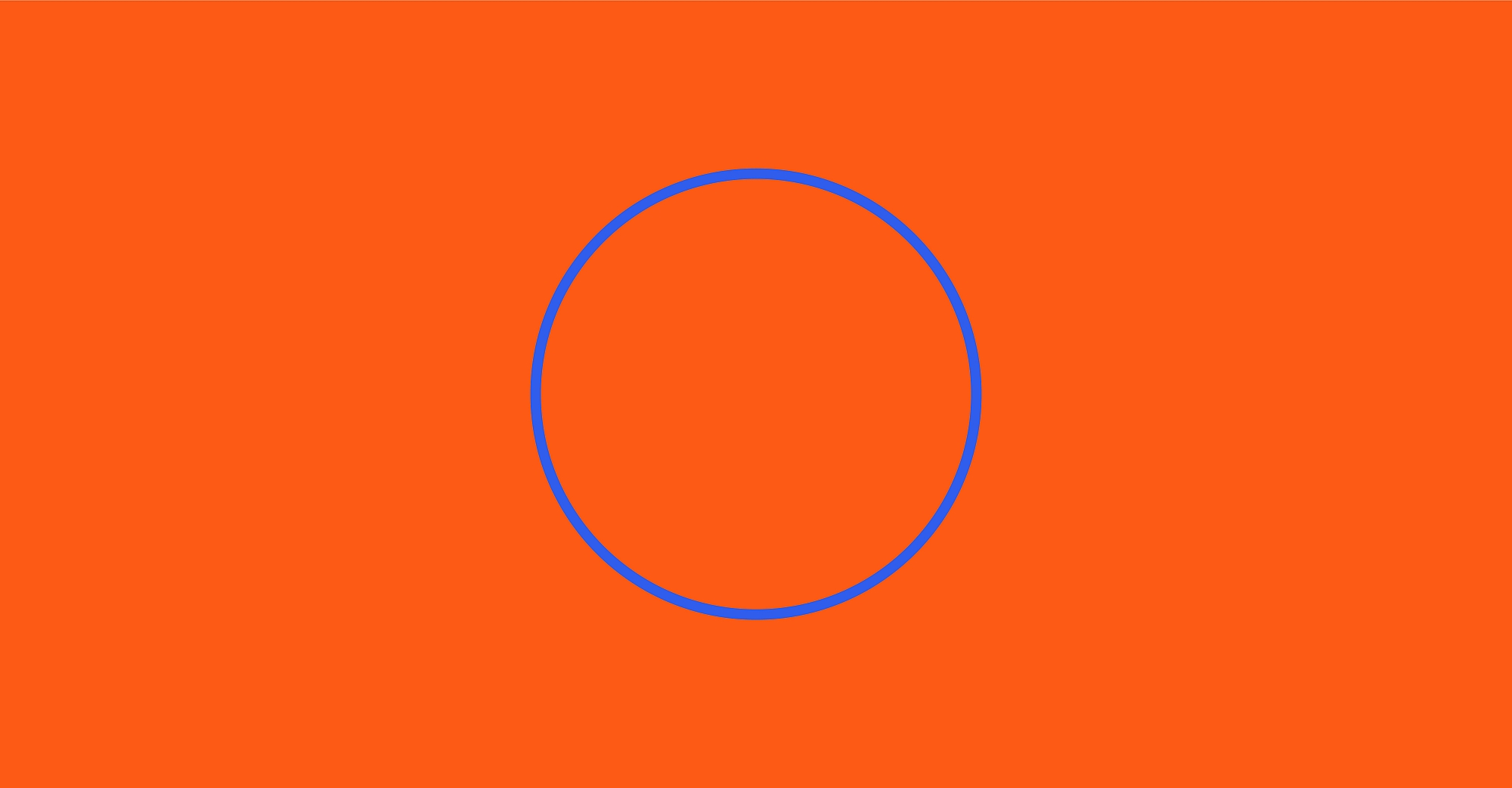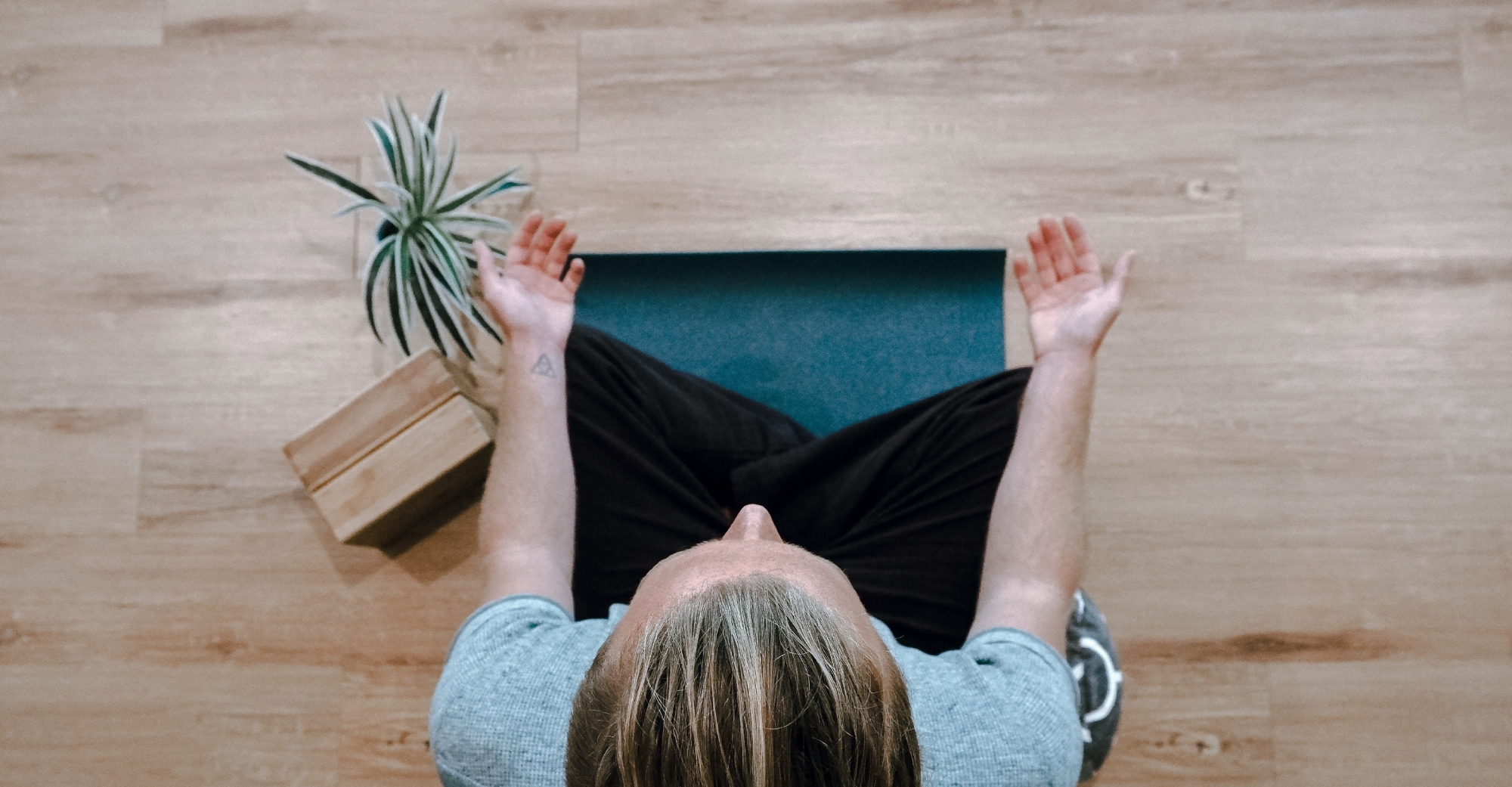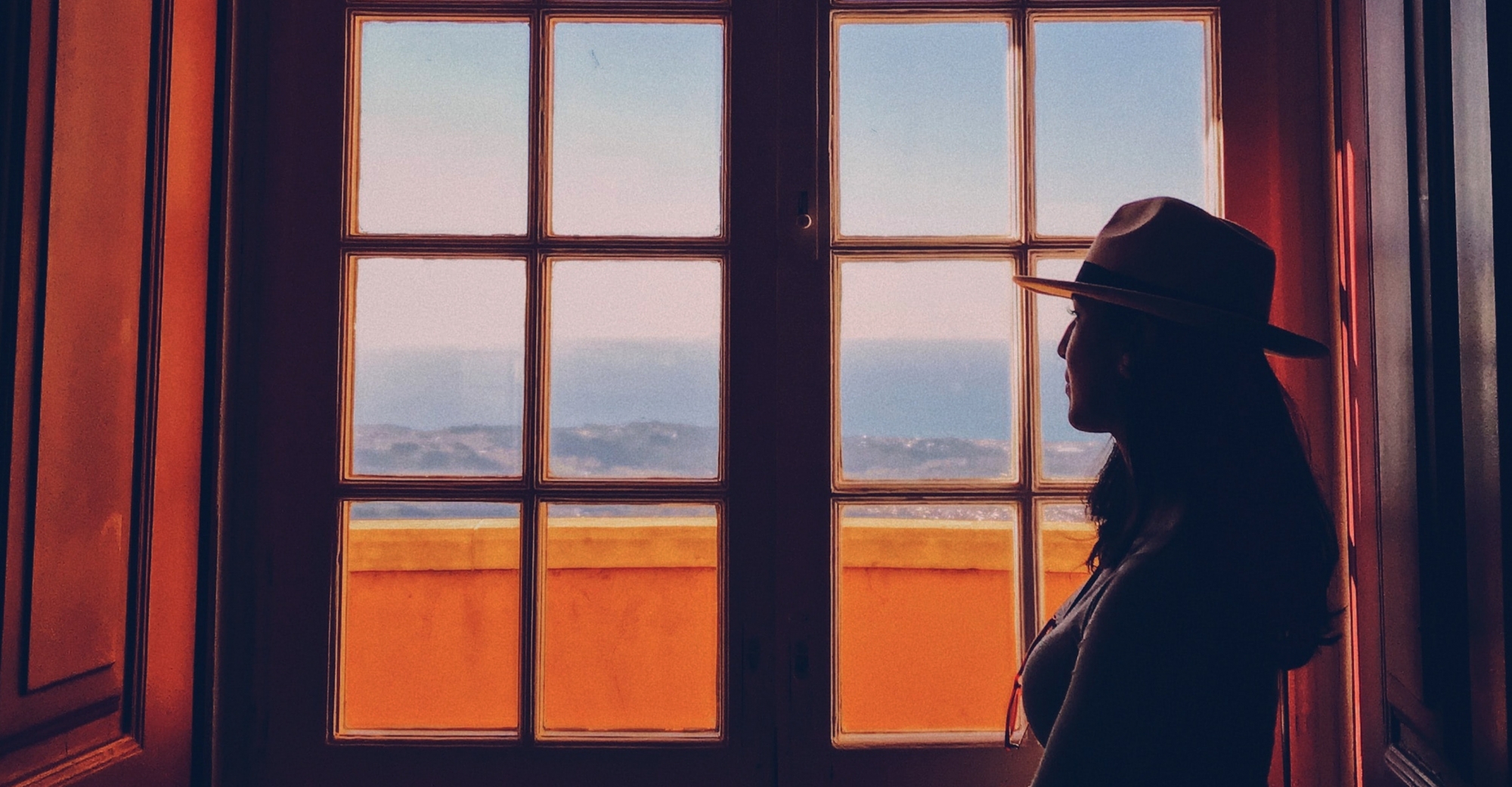Why We Fear the Blank Page

Like many creatives, I have a creative block right now. I look at this blank page, and my blinking cursor is working more than my brain is. And, if you’re a creator, then you’re probably painfully familiar with the pressure to produce. This often happens to creative professionals in one of two cases:
Your intuition sparks an idea. You want to bring your idea to life. You’re motivated to start creating. You open up your workshop – Photoshop, Google Docs, a canvas, etc. But as soon as you draw up a blank page, your mind draws a blank, too.
Alternatively, your boss gives you an assignment and deadline. You nod, smile, and pretend you’ve got this handled. You (lie and) tell your boss you’ll get started right away. Your boss hops off the call, and so does your brain. Both of them have left you to figure it out on your own.
Then, procrastination hits you before inspiration does. You make a snack, scroll through TikTok, check a restaurant’s menu for the fifth time, then its Yelp page, and somehow end up deep in Marilyn Monroe conspiracy theories. Do you dare open the tab on your computer with the blank page? Mm, maybe tomorrow.
So, what’s the deal? Why is it that when we tell our brain, “Go!”, it says, “Away? Ok!”
What is it about a blank page that sends our psyche running for the hills? Maybe it’s what that empty space represents: Fear of the unknown outcome.
Writer's block is defined as the temporary inability to begin or continue a writing project due to fear, anxiety or lack of inspiration. And according to Penn State MFA director Julia Spicher Kasdorf, writer’s block is as real as any kind of anxiety. "An enormous resistance gets built up within the person, a resistance I would characterize as intense fear," says Kasdorf. She continues to explain that writer’s block stems from elementary school, when writing is taught as being performative, rather than a process. From there, the pressure to write something well-performing only intensifies.
Identifying the root cause of your own block will help you understand it and prevent it from returning. In the 1970s, Yale researchers Jerome Singer and Michael Barrios conducted a study on a group of “blocked” professional writers ranging from screenwriters to poets, and feelings of self-criticism and doubt -- even “aversion to solitude” -- emerged as common triggers for “blocks” among the group.
Whatever the cause of your block may be, here are some ways to cope and get you back on track towards creativity.
Write What You Want, When You Want.
It helps to block off specific time to sit down and write. But, sometimes you’re just not feeling it. Turn your attention to another task instead. There’s no point in burning yourself out by dwelling on the perfect sentence when you can use that energy on something else. Go for a walk. Do laundry. Milly Rock. Floss for once. In an interview for Masterclass, Shonda Rhimes suggests writing on a different topic or working in a different medium as a way to “unstick your brain.” So, don’t sweat it if you can’t find the right words at the moment. Write when inspiration strikes. When I think of a thought starter or something witty, I jot it down in my phone’s Notes app. Then, I’ll revisit the thoughts later and see if I can use any of it.
Start at Point J, and Eventually Go Back to Point A.
When you start writing, you really don’t have to start at the beginning. Start with what’s most interesting and important to you, then write around that. Starting from the beginning can be dull and uninspiring. Start at the end, or in the middle of the action. Manifestos were once the most challenging things for me to write. But once I found a catchy hook in the middle, it was easier to flesh out the rest of the narrative.
Write Now. Edit Later.
There’s no right or wrong answer on how to start creating, but you’ve got to start somewhere! Creating doesn’t just mean “starting”; it’s also the process of uniquely improving what you have in front of you. John Steinbeck famously suggested writing without second guessing anything. Don’t worry about sentence structure, grammar, spelling, or if you’re making sense or not. Just let your mind run wild. So, when you’re ready, give yourself a couple of minutes to write. Even if it’s gibberish. Even if it’s the same word written over and over again. Just write.
Add the Creative Block To Your Process
Let’s remember that creative blocks are a natural part of the creative process. Normalizing the experience eases its negative connotation and helps alleviate the stress that comes with it. And just a friendly reminder...being stuck doesn’t make you any less skilled or worthy of creating amazing work. The New Yorker summarizes “Break Writer’s Block Now!” by Jerrold Mundis by saying, “The idea is to remove your fear of writing by combatting your negative thoughts with self-affirmations (‘I am a richly talented writer’).” Some projects are going to come more naturally to you than others. And that’s okay!
Listen, I get it. Being vulnerable to the unknown is the price we pay for being creative. It’s really scary! But as soon as you start writing, you’ve already won your battle against the blank page. So, when you’re ready, you’re going to write a little something-something. Then, you’re going to expand on it, improve it, and turn it into something you’re proud of. When you finally submit work you’re comfortable with, simply live by the wise words of NeNe Leaks, "I said what I said." Defend your work, but remember that feedback and rejection are normal. And so is the inevitable creative block.
Sources
“Blocked” The New Yorker, 14 Jun. 2004, https://www.newyorker.com/maga...;
“What Is Writer’s Block? How to Overcome Writer’s Block With Step-by-Step Guide and Writing Exercises” MasterClass, 8 Nov. 2020, https://www.masterclass.com/ar...
Duchene, Lisa. “Probing Question: Is Writer's Block Real?” Penn State University, 25 Feb. 2008, https://news.psu.edu/story/141...
Konnikova, Monica. “How to Beat Writer’s Block” The New Yorker, 11 Mar. 2016, https://www.newyorker.com/scie...
White, Mark D. Should You "Write First, Edit Later"? Psychology Today, 17 Sept. 2017, https://www.psychologytoday.co...



